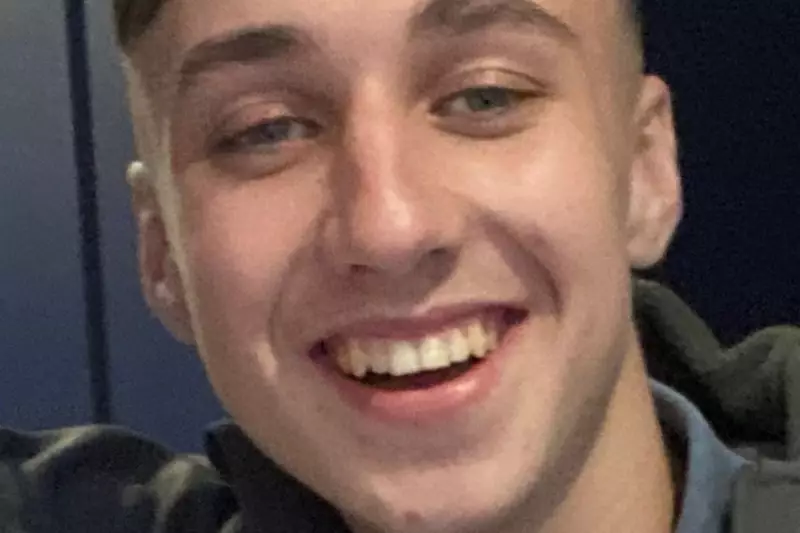
The search for Jay Slater, the 19-year-old from Lancashire who vanished in Tenerife, has been overshadowed by a sinister digital phenomenon: a flood of online conspiracy theories and fake news. The Guardia Civil's painstaking investigation is now competing with baseless speculation spread across social media platforms, creating a 'parallel world' of misinformation.
Jay was last heard from on Monday morning, 17th June, when he called a friend to say he was lost, dehydrated, and his phone battery was on the verge of dying. He had attended a music festival and was last known to be in the remote, mountainous Parque Rural de Teno in the north-west of the island—a rugged area far from his intended destination.
The Digital Circus Descends
In the vacuum of information, social media has erupted. TikTok and Facebook are rife with unsubstantiated claims, from accusations that Jay's friends are involved to bizarre theories that the entire disappearance is a hoax or has been staged. This has prompted the British foreign travel agency, LBT Global, which is supporting the Slater family, to issue a stern plea for online speculation to stop.
LBT Global's chief executive, Graham Summers, condemned the 'vile' commentary, stating it is significantly adding to the family's immense distress. He emphasised that the online narrative bears no relation to the actual facts known to the family and the investigating authorities.
A Family's Agony Amplified
Jay's mother, Debbie Duncan, has been directly targeted. She felt compelled to publicly address the trolls, confirming she has had to block countless numbers of them. She has vehemently denied receiving any ransom requests, directly contradicting one of the most prevalent and malicious false claims circulating online.
Despite the digital noise, the physical search, involving mountain rescue experts, sniffer dogs, and a helicopter, continues. The Guardia Civil remains focused on the challenging terrain, treating the case as a missing person investigation. They have confirmed that all logical lines of enquiry are being pursued based on the evidence available.
The case highlights the modern challenge for law enforcement and grieving families: not only must they cope with a real-world crisis, but they must also simultaneously battle a barrage of fictional narratives manufactured in the court of online public opinion.





